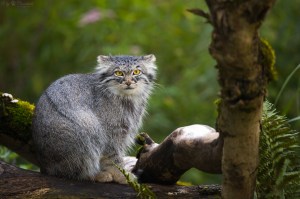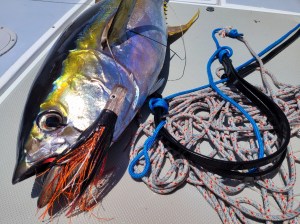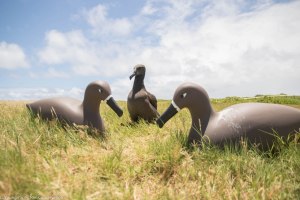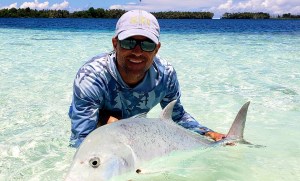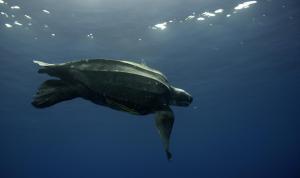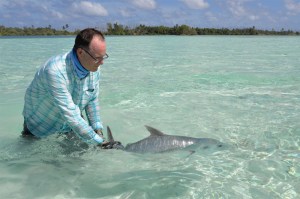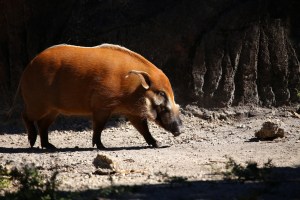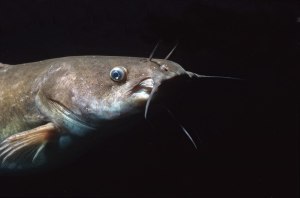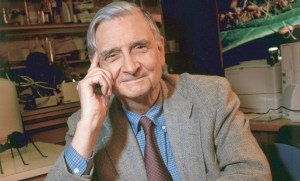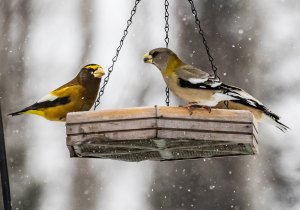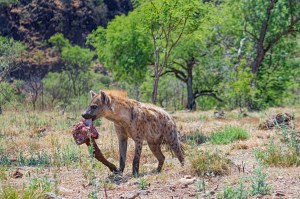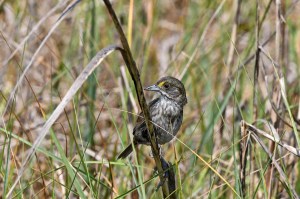Discover stories in Wildlife Science
8 Cool Wild Cats You Probably Don’t Know
Move over lions and tigers. Meet these cryptic but cool wild cats.
How Scientists Fish: The Hand Line
On Palmyra Atoll, getting big fish on board quickly relies on an old fishing tool: the hand line.
A New Database to Drive Seabird Conservation
A new database will help protect the world's most imperiled group of birds.
Stories from Palmyra: The Recapture
The highlight of giant trevally fishing at Palmyra Atoll isn’t the size of the fish. It’s the recapture.
The Fight to Save Western Pacific Leatherbacks
A new monitoring effort will gather information about the world's most endangered population of leatherback sea turtle.
Fishing for Science on Palmyra Atoll
Tagging trevally on a remote island with rod and reel.
Do You Know the World’s Weirdest Wild Pigs?
Think you know pigs? Check out these wonderful, wild swine.
Big Gulp: Blue Catfish Eats Wood Duck
Blue catfish will eat just about anything. Including a duck.
Edward O. Wilson, Science Communicator
Remembering Edward O. Wilson, one of our best science communicators.
See Something Weird at the Bird Feeder? It’s Not Just You
Did you just see a weird bird at the feeder? You’re not alone.
How Hyenas Sanitize The City
In an Ethiopian city, spotted hyenas provide the garbage disposal.
How Sea-level Rise Impacts Marsh Sparrows
Scientists are studying the effects of sea-level rise on salt marshes, and two imperiled sparrow species.
